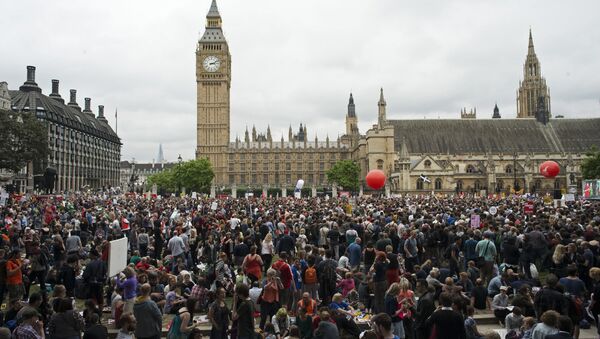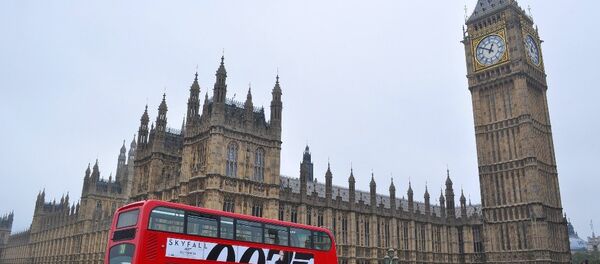For MPs, the ten percent pay boost will see them earning $11,000 (£7,000) a year more.
"We are all in this together," according to UK Chancellor George Osborne as he froze public sector pay for four years. Meanwhile, pay for public sector — nurses, teachers and police officers — is capped at 1% for another four years.
1% pay freeze for all public sector jobs. 10% pay rise for MP's. That seems really logical and beneficial for our country I like UK
— Andrew Griffiths (@adieuandy) July 17, 2015
And according to a new survey 'Pay trends June 2015' by pay analysts at XpertHR, public sector pay increases lag behind those in the private sector.
In the last year, pay awards in the public sector were found to be worth on average 1.5 percent. Half a percent less that the 2% recorded in the private sector.
Freezing public sector pay increases is a way for the government to save some money. And in his Summer Budget statement, Chancellor George Osborne confirmed that savings still needed to be made.
Osborne’s budget said that public sector pay was comparable to pay in the private sector – but because workers in the public sector benefit from better employer pension contributions, it would be frozen at one percent a year – for the next four years.
Saving the Government Around £5 Billion by 2020
Many MPs have criticized the decision by the Independent Parliamentary Standards Authority (IPSA) to award the pay rise at a time when public sector workers have had theirs frozen. Defending its decision, IPSA, said there was never a good time to give MPs a pay rise and delaying it would only end up causing another expenses scandal.



